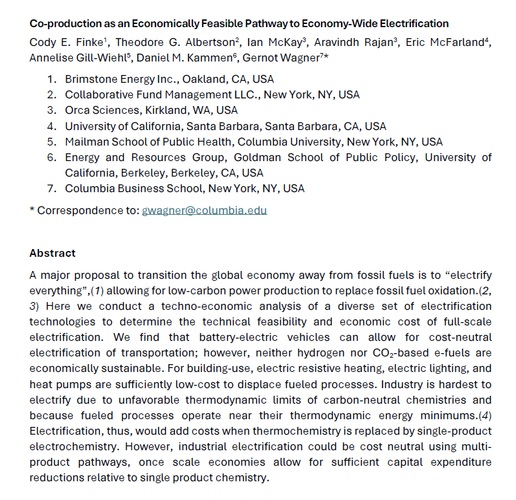Grist: "Why high gas prices aren’t necessarily good for the climate"
By Shannon Osaka

Gernot Wagner, a climate economist at the Columbia Business School who is currently on leave from New York University, says that in the long run, increasing oil prices could cut driving emissions — but only if prices are rising in a predictable way over the long term. One way to do that is by increasing gas taxes, or state and federal fees levied on each gallon of gas that fund highway maintenance, public transit, and other infrastructure projects. “If the government sets a price then you can expect that it’s doing it for a reason, and that it’ll stick around,” he explained. And there is evidence to back this up: According to an analysis that tracked consumer behavior from 1966 to 2008, Americans reduced their gasoline consumption three times more when facing gas tax increases compared to simple price fluctuations.
There are other proposals as well. Governor Gavin Newsom of California, for example, has suggested sending a $400 rebate to all Californians who have a vehicle registered in the state. Wagner says that rebate may be better than a gas tax holiday — since it doesn’t directly encourage driving — but it still has flaws. Car-owners are generally higher income, and so the rebate will be putting money into the pockets of state residents who already have more cash. The best option, Wagner argues, is actually raising the gas tax so that driving is more in line with its environmental costs, and then returning the profits of the tax directly to low-income citizens.
Still, Wagner sees subsidizing fossil fuels in any form as a dangerous game. Lowering the price of gasoline, he warns, will almost certainly result in increased demand and increased emissions. “It’s very rare in the real world that the Econ 101 answer is the right answer,” he said. “But this is one of those times.”
Quoted in: "Why high gas prices aren’t necessarily good for the climate" by Shannon Osaka, Grist (14 April 2022).

